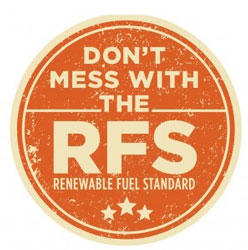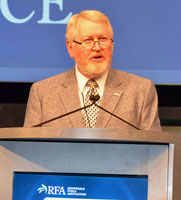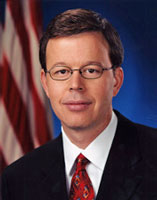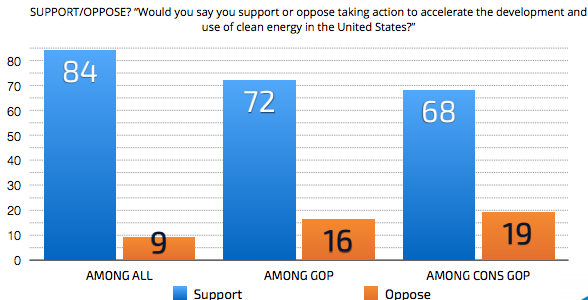 Propel Fuels brings its high-performance renewable diesel to Hayward, California. This company news release says the fuel is available at Hayward’s “880 Gas” station at 391 West A Street. Propel also took the chance to address the Volkswagen diesel scandal.
Propel Fuels brings its high-performance renewable diesel to Hayward, California. This company news release says the fuel is available at Hayward’s “880 Gas” station at 391 West A Street. Propel also took the chance to address the Volkswagen diesel scandal.
Drivers can easily find the nearest Propel Diesel HPR location and real time pricing by downloading Propel’s mobile app available in the Android and Apple app stores. Sacramento-based Propel has pioneered low-carbon fuel retail in California, leading the industry with unparalleled innovation in retail technology and customer experience. The company’s CleanDrive® platform, the nation’s first integrated emission reduction tracking tool, enables consumers and fleets to quickly see the positive impact made by using low-carbon fuels including Diesel HPR and E85 Flex Fuel.
In light of the recent VW scandal and increased nitrogen oxide (NOx) emissions in affected Volkswagen diesel vehicles, Diesel HPR is a simple and affordable way to reduce emissions and improve local air quality. Diesel HPR reduces harmful air emissions including NOx by 14 percent, particulates by 34 percent, and reduces greenhouse gas (GHG) lifecycle emissions by up to 80 percent when compared to petroleum-based diesel. NOx emissions are directly linked to air quality in California, negatively impacting children, people with lung diseases such as asthma, and people who work or exercise outside.
“We understand that customers are frustrated with the recent news about VW’s diesel emissions. We wanted to remind them they can drive cleaner, with more efficiency and value by fueling with our Diesel HPR at 32 locations across California, now including Hayward,” said Rob Elam, CEO of Propel.











